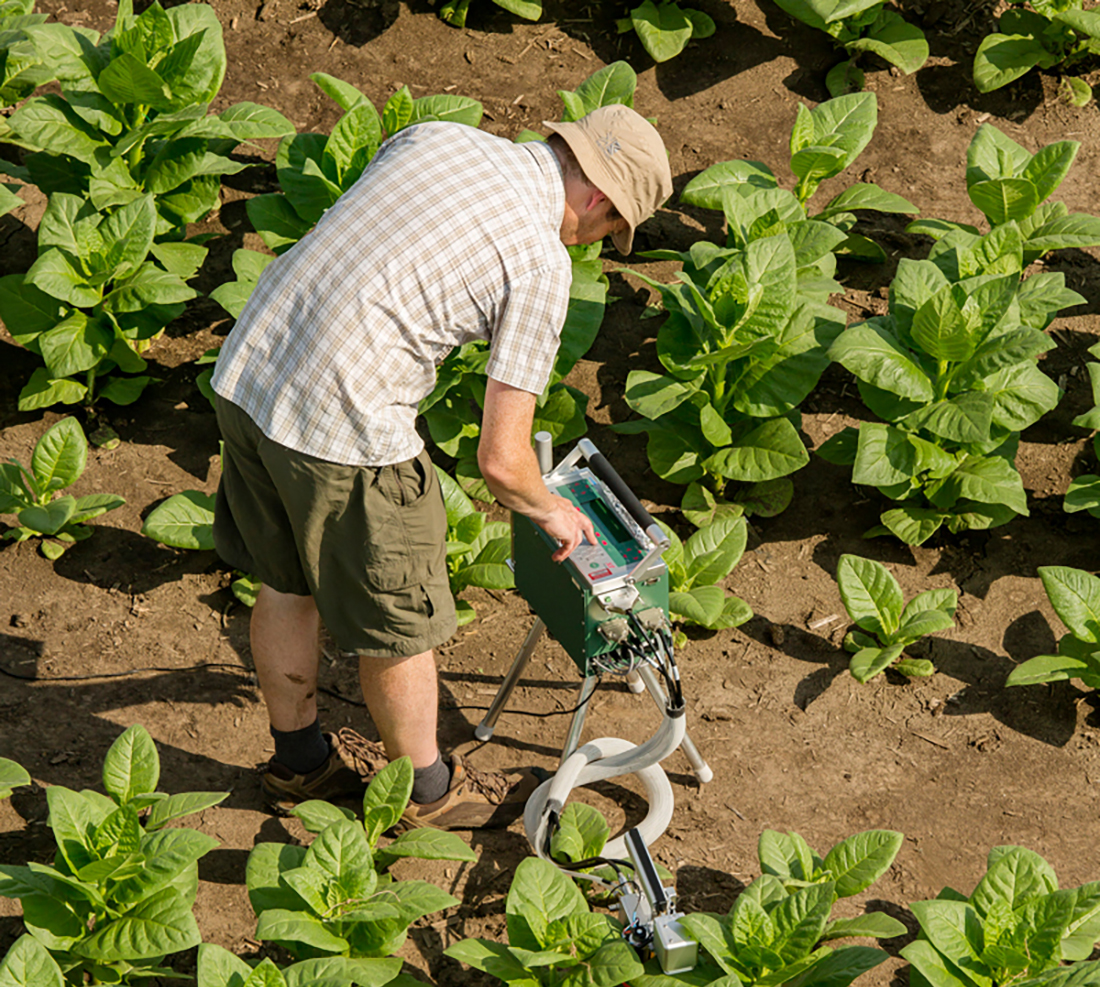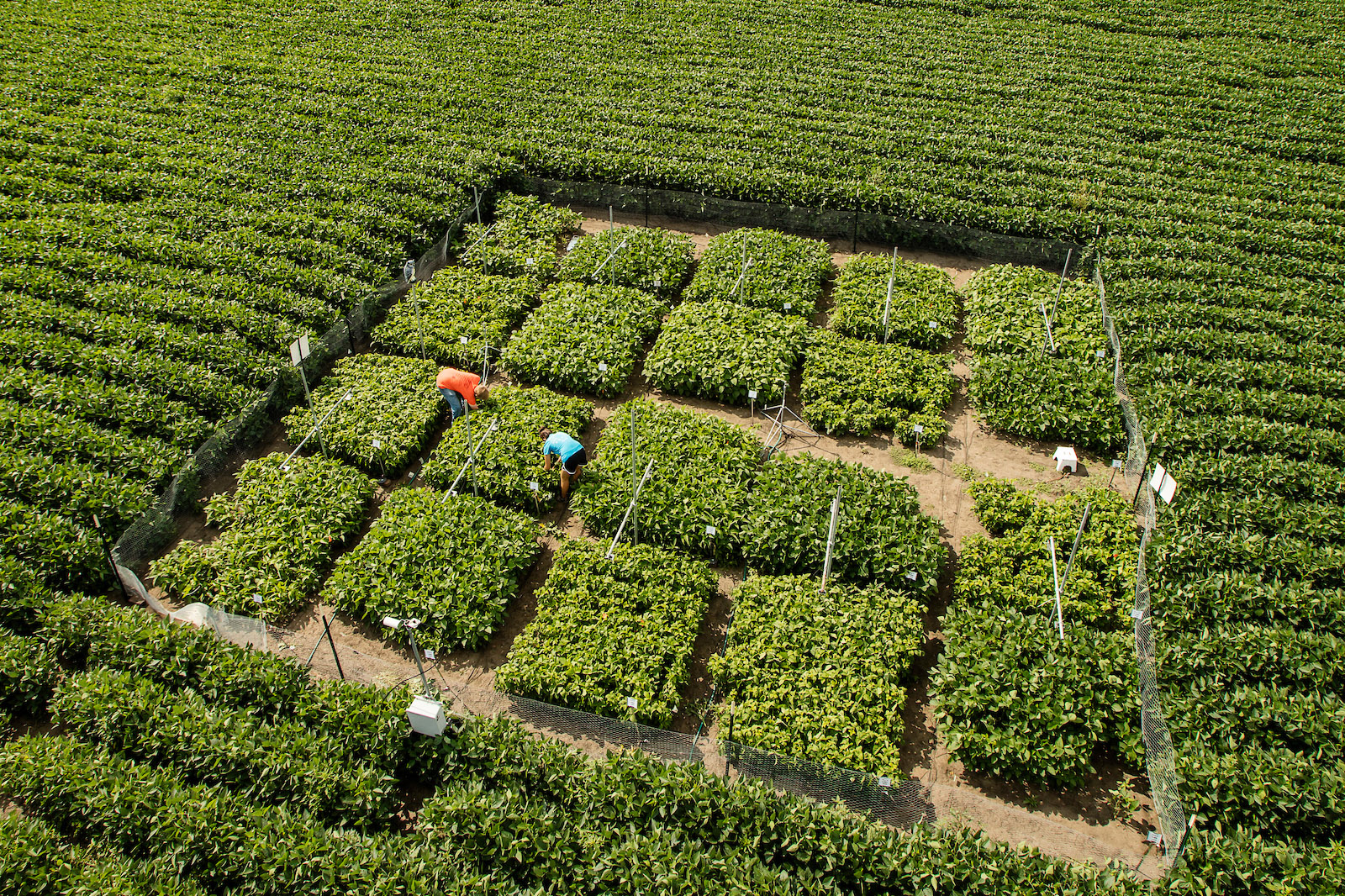
The Realizing Increased Photosynthetic Efficiency (RIPE) research project aims to equip farmers with higher-yielding crops to ensure that everyone has enough food to lead a healthy, productive life. RIPE is improving photosynthesis, the complex 170-step process in which plants convert light and carbon dioxide into the sugars that fuel growth and produce higher yields.
RIPE is supported by the Bill & Melinda Gates Foundation, U.S. Foundation for Food and Agriculture Research (FFAR), and the U.K. Government’s Department for International Development (DFID) as they begin to transfer their successes from proof-of-concept work in model crops into key food crops including cassava, cowpea, maize, soybean and rice.
The group’s current work includes:
- A landmark November 2016 study found that improving photosynthesis, specifically how plants adapt to fluctuating light levels, can increase crop growth by as much as 20 percent.
- Another May 2018 study pointed to the fact that breeding cassava, a root that is a staple in the diet of individuals throughout the world, has not improved the crop’s photosynthesis or yield for over half a century.
- A March 2018 study had results that improved how a crop uses water by 25 percent without compromising yield. This increase in usage was created by altering the expression of one gene that is found in all plants.
- A January 2019 study created a shortcut to help plants deal with a costly photosynthetic glitch, boosting crop productivity by 20-40 percent.
Learn more about RIPE.
